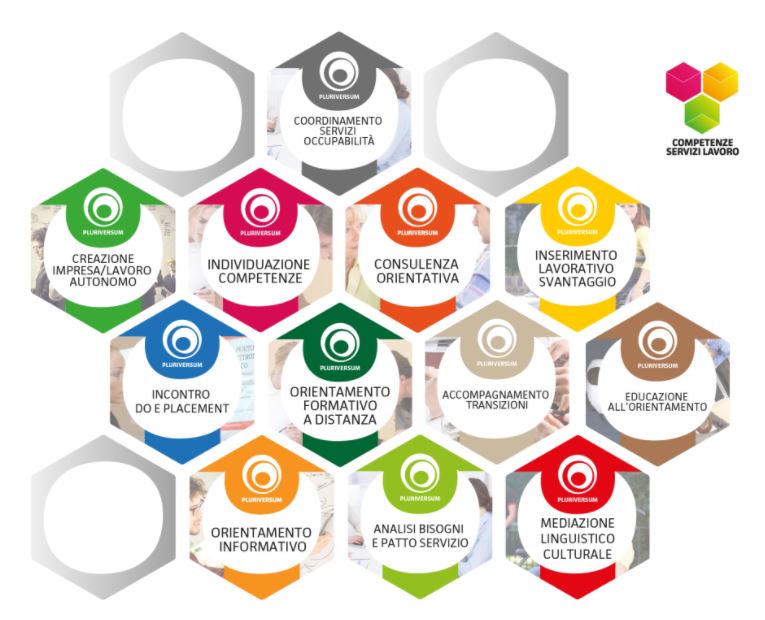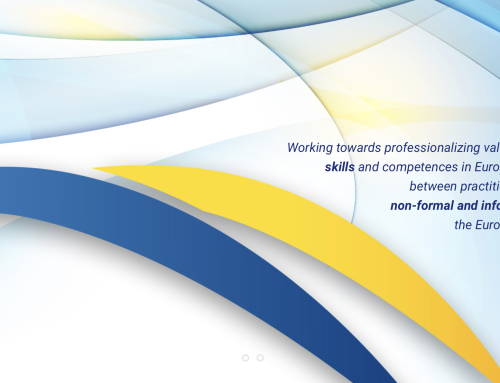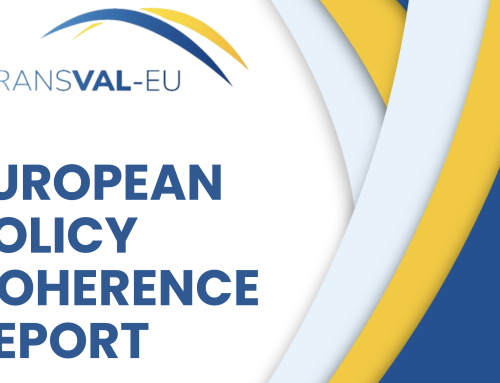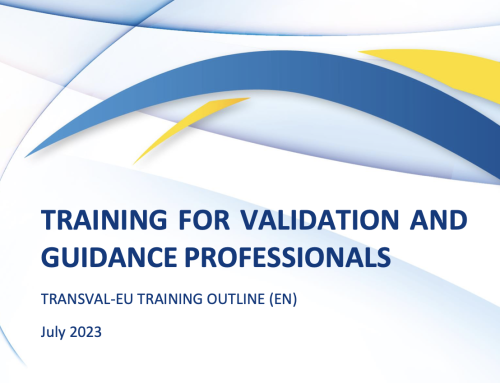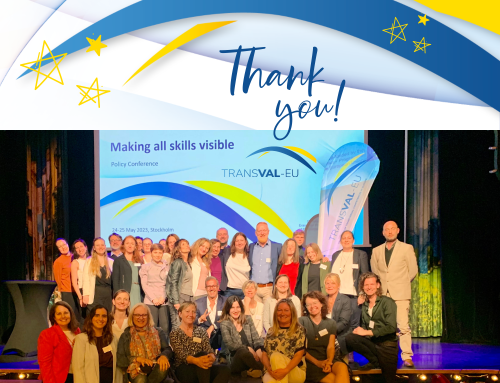Digital Open Badges and Validation: An Experience from Italy
Among national and regional initiatives to value informal learning, the use of innovative tools such as digital badges represent a promising option to setting up an effective system of validation and a transferable model. A digital open badge is ‘a validated indicator of accomplishment, skill, quality or interest’ (MacArthur foundation, 2011), which describes specific (prior) learning undertaken or work experience carried out in order to earn the badge. The digital badge is based on blockchain technology and is easily integrated within powerful social networks for international recruitment, such as LinkedIn. Core components of a badge include the information needed to determine its validity, authenticity, source, and value.
An innovative digital badge system for career guidance practitioners, named Competenze Servizi Lavoro (Competences for the employment services) https://www.competenzeservizilavoro.it/ was recently developed and tested in Tuscany by Pluriversum https://www.pluriversum.eu/innovazione-e-sviluppo/ , one of the TRANSVAL-EU project partners. This new system was created in order to support the career development of career gudiance practitioners who work in the regional public employment service (PES). The digital badge system is based on the Italian national atlas of competences (Atlante del lavoro e delle qualificazioni https://atlantelavoro.inapp.org/repertorio_nazionale_qualificazioni.php ), through an open and transparent system, in order to validate the core competences of PES practitioners (also for career progression and career mobility). It includes relevant competences for other career practitioners employed in school settings, in career services of universities, and vocational training institutions.
Digital badges ensure a wide online visibility, which helps protect from counterfeiting and falsification. The whole validation procedure includes tutorship by an expert, and can be fully managed online, through a dedicated web platform and videocalls between tutors and recipients.
This practice will be presented and included in the national pilot actions of the TRANSVAL-EU project https://www.transvalproject.eu/ in Italy.
